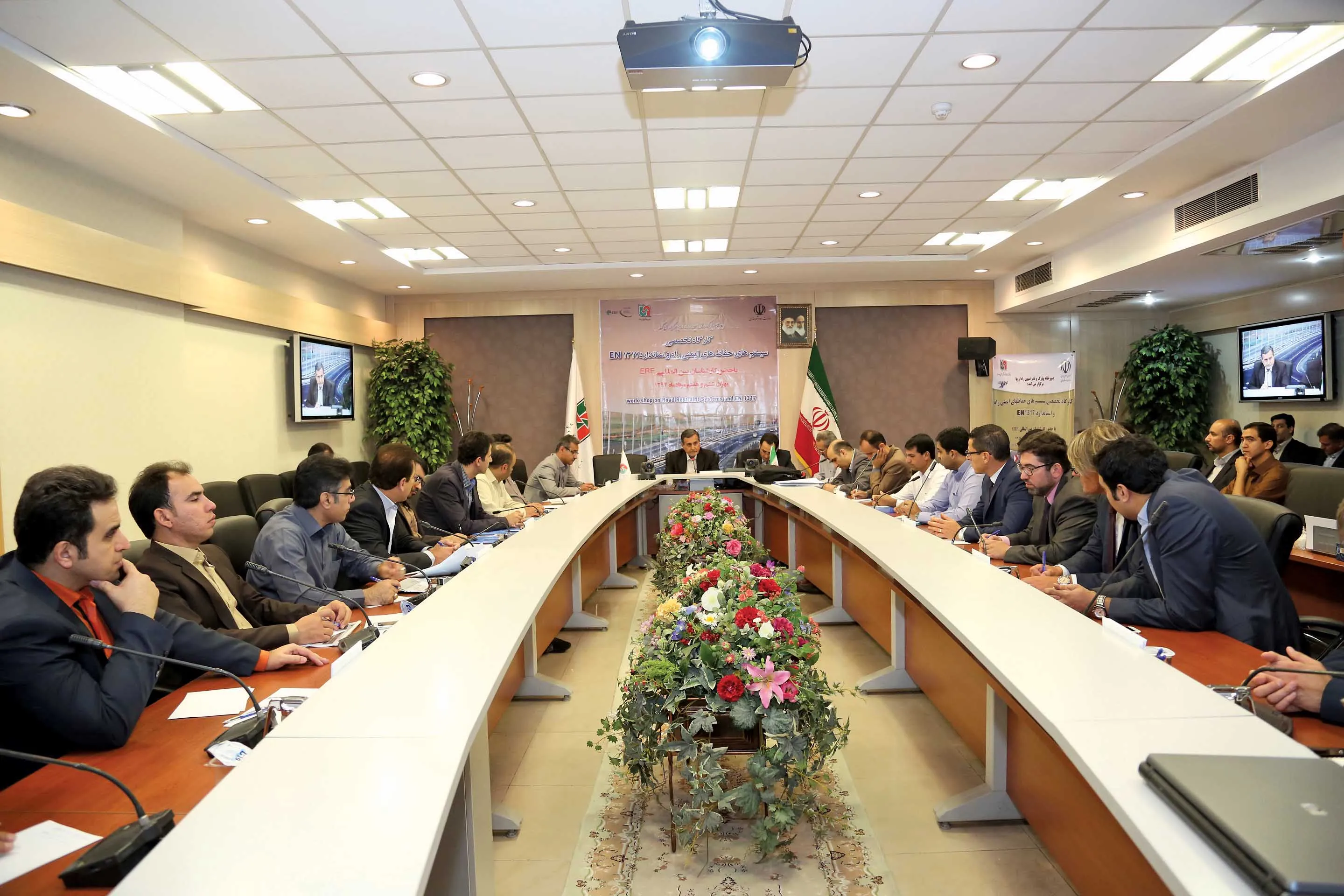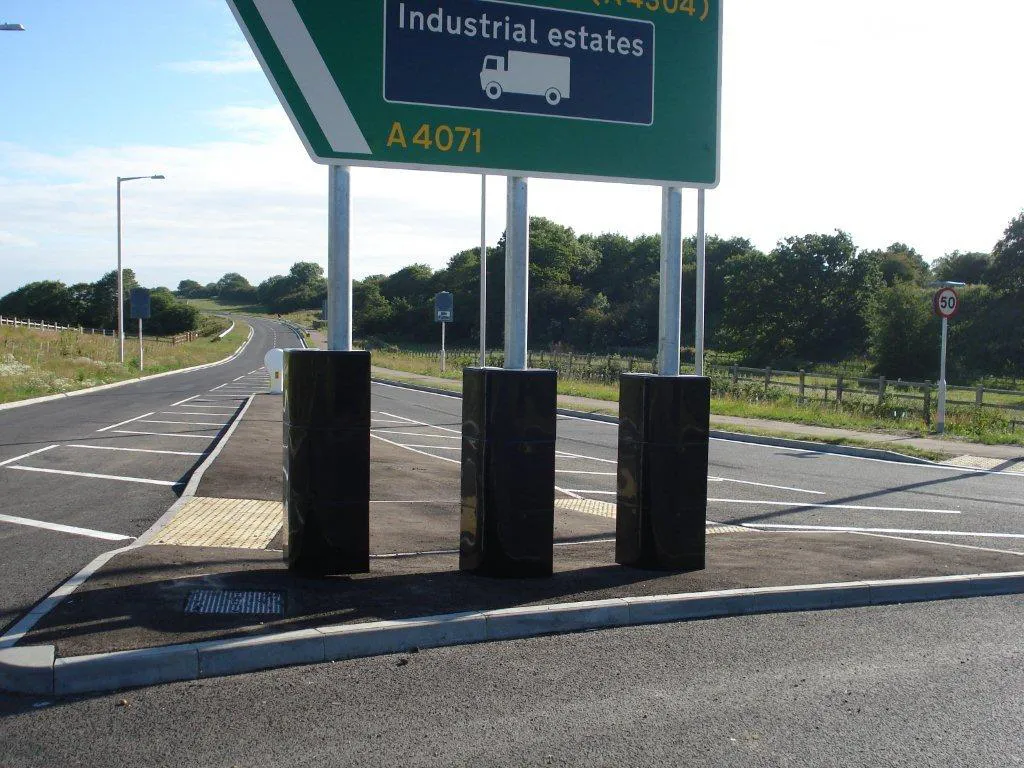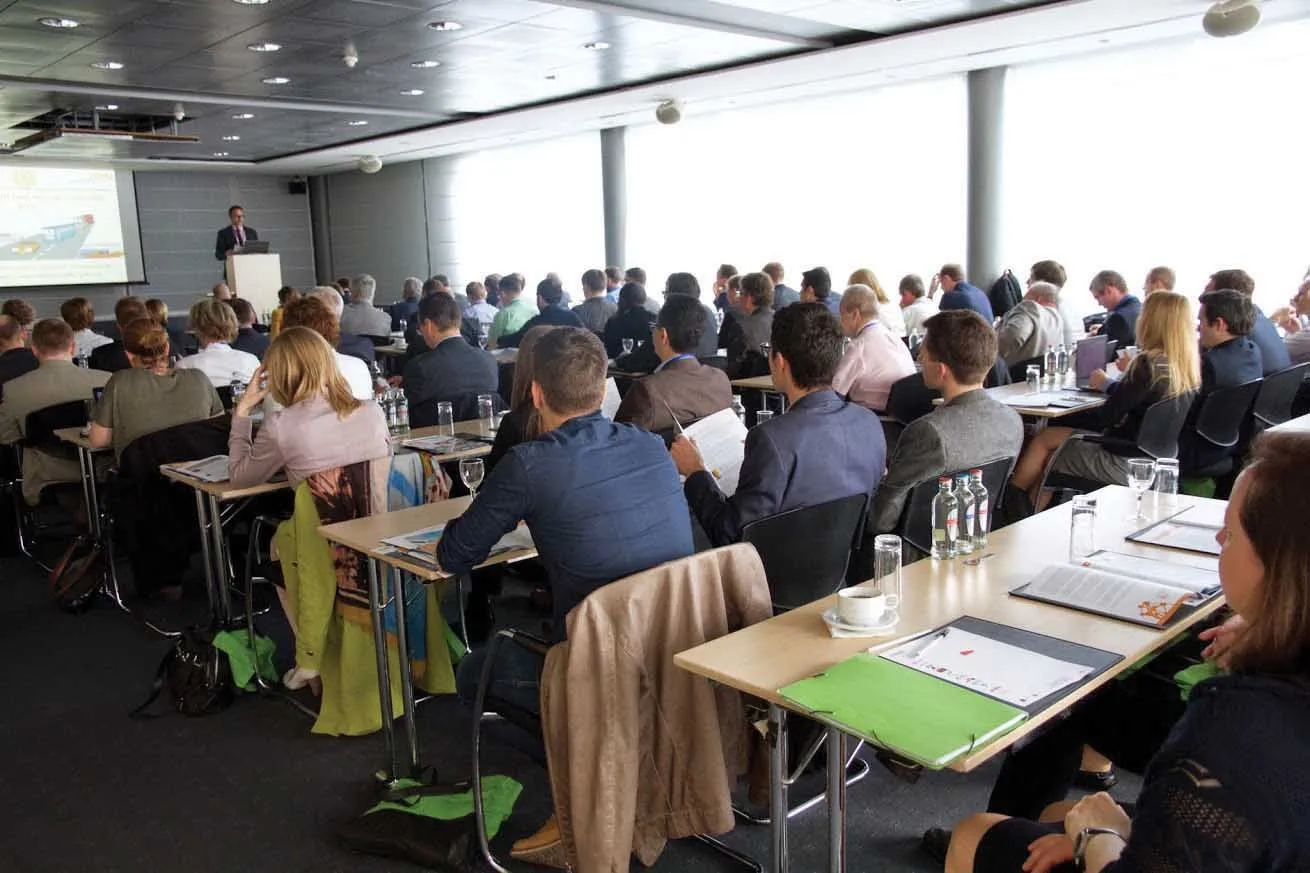The ERF has unveiled its strategic research priorities for road safety for Horizon 2020, the European Commission’s next multi-year framework programme for transport research and innovation. The ERF’s research road map identifies six priority areas that it believes can contribute towards reducing fatalities by 50% compared to 2010 levels. More specifically, it urges policy makers to devote research to key areas including adapting infrastructure to meet the challenges of 21st century traffic, developing alter
May 21, 2013
Read time: 2 mins
The ERF has unveiled its strategic research priorities for road safety for Horizon 2020, the 2465 European Commission’s next multi-year framework programme for transport research and innovation. The ERF’s research road map identifies six priority areas that it believes can contribute towards reducing fatalities by 50% compared to 2010 levels. More specifically, it urges policy makers to devote research to key areas including adapting infrastructure to meet the challenges of 21st century traffic, developing alternative tools for financing and maintaining roads and planning more cost-effective road operation and maintenance methods. The also include listing in-depth statistics into the causality of accidents, plans for infrastructure and vulnerable road users and wider deployment and harmonisation of ITS solutions.
This move is being made in particular with a view to improving Europe’s road safety as a priority. The ERF points out that despite progress achieved during the last 10 years in Europe, around 90 people/day are killed each day in crashes while another 25,000/day are injured. Safety research has played a key role in cutting the fatality rate by 43% during the last European Road Safety Action Programme which ran from 2001-2010. But further research will be required and the new European Road Safety Programme 2011-2020 (ERSAP 2011-2020) has set a target of reducing casualties by a further 50%. However the ERF points out that this will require additional co-operation to achieve.
This move is being made in particular with a view to improving Europe’s road safety as a priority. The ERF points out that despite progress achieved during the last 10 years in Europe, around 90 people/day are killed each day in crashes while another 25,000/day are injured. Safety research has played a key role in cutting the fatality rate by 43% during the last European Road Safety Action Programme which ran from 2001-2010. But further research will be required and the new European Road Safety Programme 2011-2020 (ERSAP 2011-2020) has set a target of reducing casualties by a further 50%. However the ERF points out that this will require additional co-operation to achieve.








